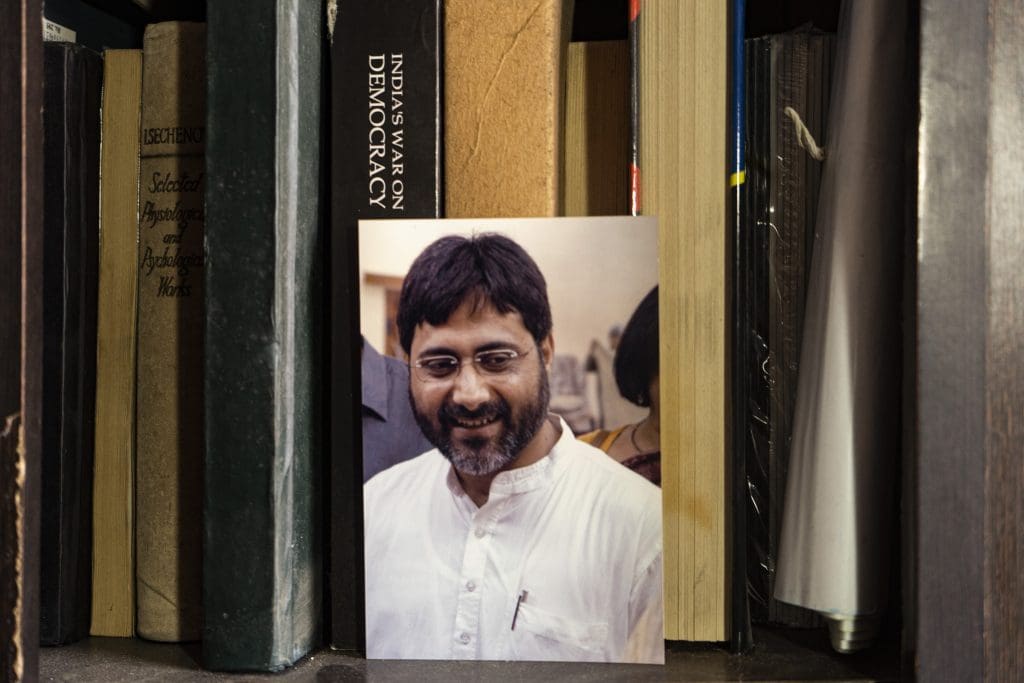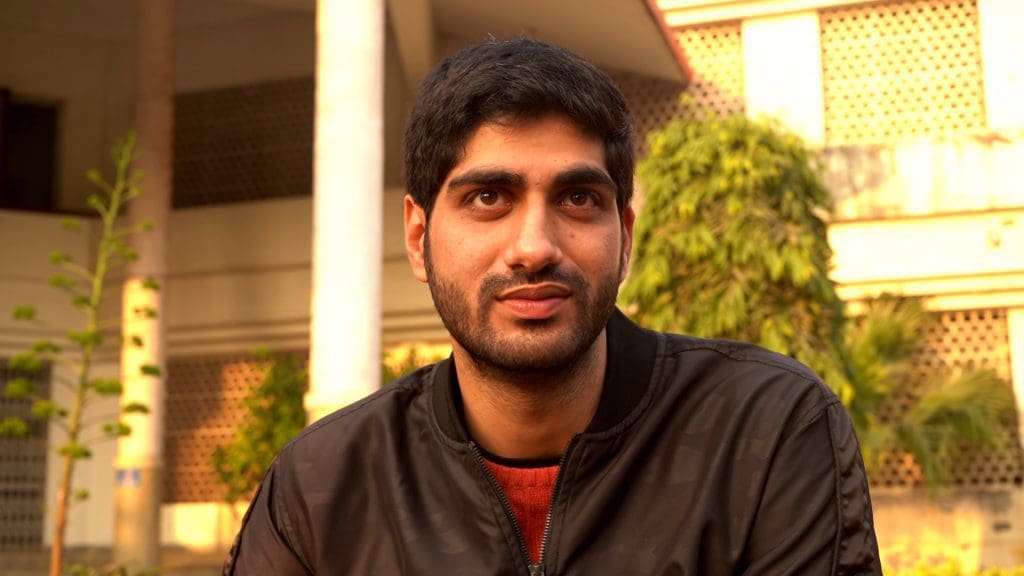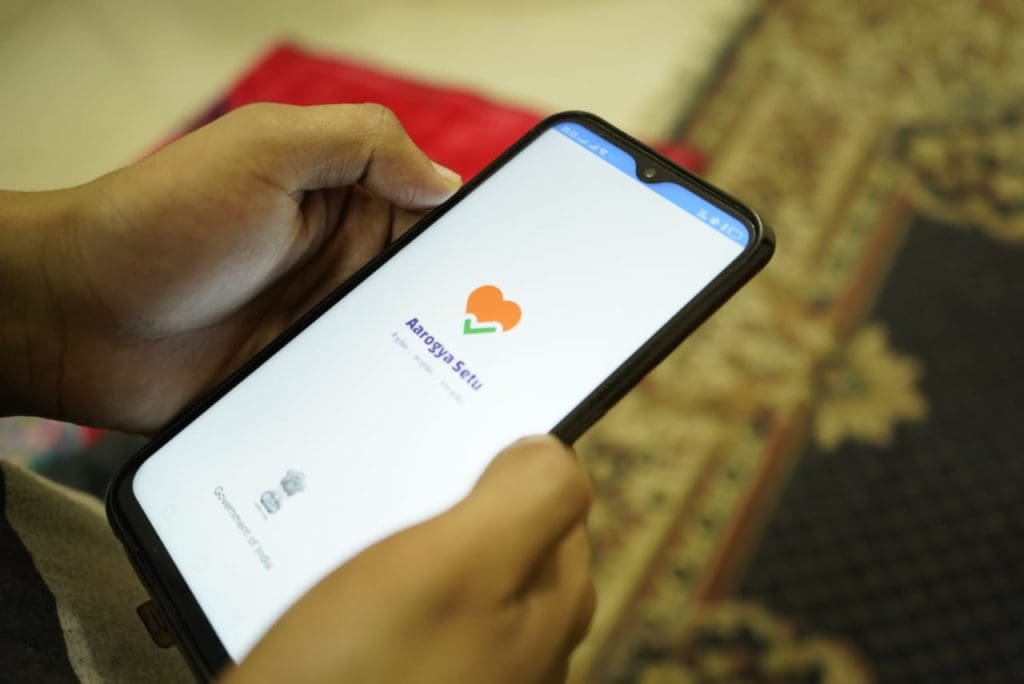
“Even after his death, they didn’t stop,” says Syed Athif Geelani, son of Syed Abdul Rahman Geelani whose phone was found infected with Pegasus spyware according to an investigative report published by The Wire on Sunday.
Speaking to Maktoob, Athif claims he received frequent warnings from email providers about attempts to hack into his father’s account even after his death in October 2019. For him, the report is ‘not surprising’.
The Pegasus Project, a collaboration of 80 journalists with the Technical lab of Amnesty International, 17 news organisations, coordinated by Forbidden Stories did an in-depth forensic analysis into the massive data leak of people spied by NSO Group for government clients.
The report uncovered ‘widespread, persistent and ongoing unlawful surveillance and human rights abuses’ using the Israeli company NSO Group’s Pegasus spyware.
Human rights defender, S.A.R Geelani’s contact was among the list of more than 50,000 phone numbers believed to be spied with the surveillance spyware Pegasus, which the company insists is only intended for use against criminals and terrorists.
The Wire, the Indian news organisation in the project, carried out a forensic analysis of Geelani’s phone, an iPhone provided by Athif, and confirmed the phone was compromised on and off for over two years.
The first section of the report published on Sunday night reads that Geelani’s “phone was compromised by Pegasus on and off between February 2018 and January 2019, and then again from September 2019 to October 2019. At least one of these attacks, Amnesty notes, was carried out through a zero-click iMessage exploit”.
The disclosures begin on Sunday, with the revelation that the numbers of more than 180 journalists are listed in the data.
“Old Story”
“For our family, this is an old story,” Athif continues. “This can’t be a surprise for who knows the system. My father must have been under surveillance since 2001”.
Geelani, who taught Arabic at Delhi University’s Zakir Hussain College, was arrested in 2001 parliament attack case for a tapped phone conversation under terror laws. He was given the death penalty by the trial court but later got acquitted. He became the strongest advocate of human rights in India rest of his life.
“He was arrested in a day. So, he was under surveillance before the incident,” points Athif Geelani. Geelani was arrested on 15 December 2001, less than 48 hours after the attack.
Geelani, who survived an assassination attempt in 2003, lived under police protection until his death on 24 October 2019. The police presence became easy to access for government agencies to snoop into his activism.


Geelani, a strong advocate for the self-determination of Kashmir, launched the Committee for Release of Political Prisoners (CRPP) which shed light on the wrongful incarnation of dissenters across India. Geelani became an integral part of the 17-member Committee for Defence and Release of G.N. Saibaba, a professor at Delhi University.
Geelani’s associates in both CRPP and Saibaba Defence Committee, Rona Wilson and Hany Babu, are now in jail in the Elgar Parishad case. They remain in jail for evidence widely believed to be planted in their laptop using Pegasus. The leaked data has thrown up the numbers of nine more members and close supporters of the Saibaba Defence Committee.
“Hold government accountable”
Athif Geelani challenged the Indian government to respond with evidence and facts rather than “side brushing” the ‘researched report’.
Following the first group of disclosure, the government rejected all allegations claiming “commitment to free speech as a fundamental right is the cornerstone of India’s democratic system”.
The Wire reports the numbers of those in the database include over 40 journalists, three major opposition figures, one constitutional authority, two serving ministers in the Narendra Modi government, current and former heads and officials of security organisations, activists and scores of businesspeople.
“The idea of called it a part of democracy is a sham,” retaliated Athif, a Delhi based lawyer. “We have evidence in our hands and it’s published all over the world. They have to come up with a better response with clarity”.
According to NSO, the technology is only given to “vetted governments” for fighting potential threats. The Israeli minister of defence closely regulates NSO, granting individual export licences before its surveillance technology can be sold to a new country.
The analysis of the leaked data identified at least 10 governments believed to be NSO customers who were entering numbers into a system: Azerbaijan, Bahrain, Kazakhstan, Mexico, Morocco, Rwanda, Saudi Arabia, Hungary, India and the United Arab Emirates (UAE).


The government statement says “any interception, monitoring or decryption of any information through any computer resource is done as per the due process of law”.
“The allegations regarding government surveillance on specific people have no concrete basis or truth associated with it whatsoever”.



